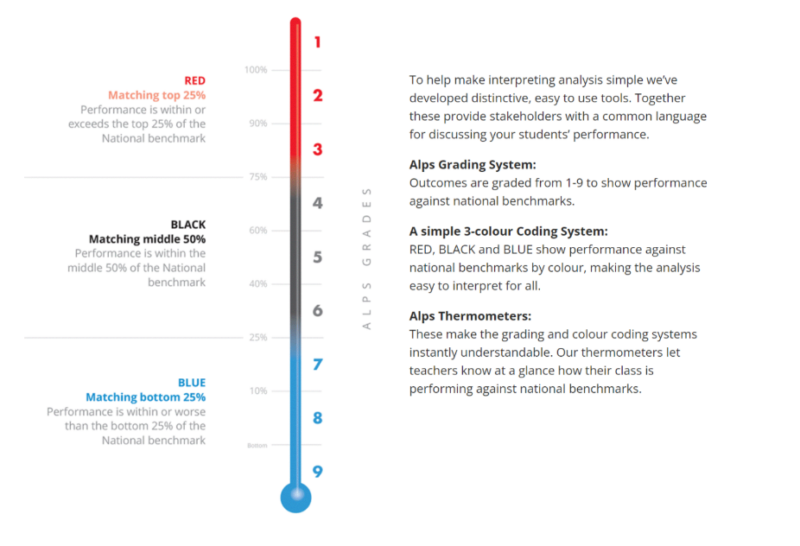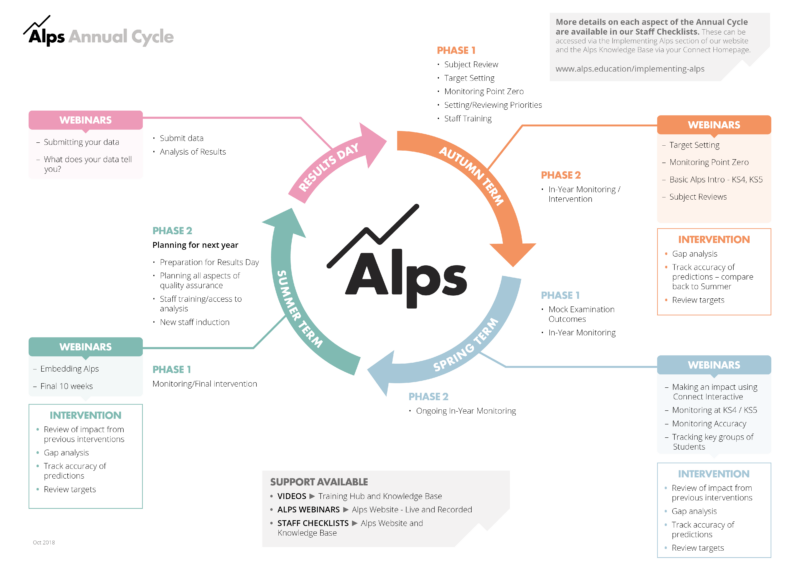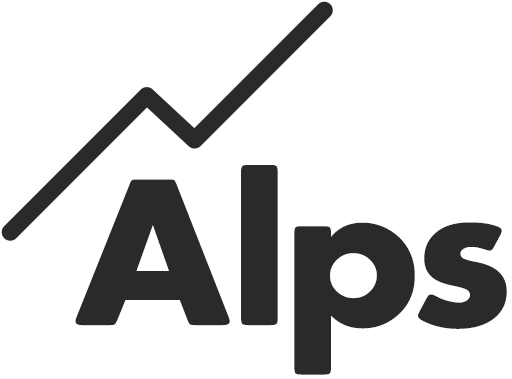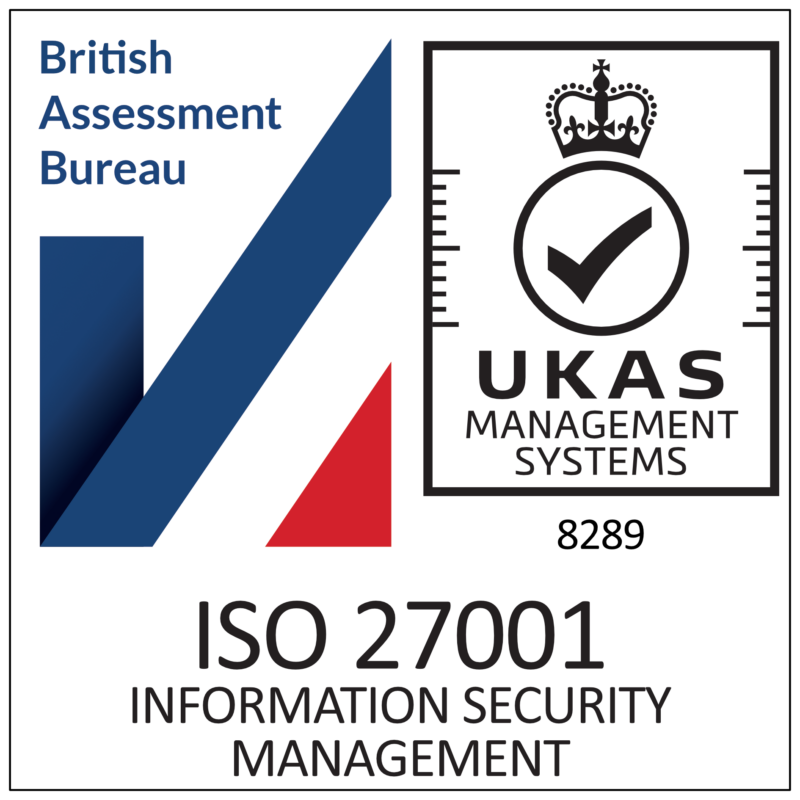Driving Improvement with Alps Connect and the Alps Cycle
Effective, self-evaluation and quality assurance processes in schools and colleges are essential for both maintaining standards and promoting a culture of continuous improvement. To drive improvement across educational settings, it is vital to develop systematic approaches to monitor, evaluate and enhance the quality of education.
During the summer term, senior leaders will often be planning and refining their quality assurance processes for the upcoming academic year. Within this blog, I discuss some key elements of effective quality assurance and the role Alps Connect and can play in supporting schools and colleges with this.
Planning ahead
A key element of effective quality assurance is data fluency, where all staff involved in self-evaluation have a well-developed understanding of the distinct types of data that can be used in this process, as well as the necessary skills to analyse and evaluate this data effectively.
Data fluency in schools and colleges supports staff to make evidence-based decisions and develops a culture of continuous improvement, providing insights into both areas of strength and opportunities for development.
Planning your quality assurance processes carefully for the new academic year and developing data fluency amongst colleagues is crucial for driving improvement. To help you with this, here are some key questions to consider.
Assessment
- Have you published your Assessment calendar?
- Are all staff clear on what assessment data will be expected from them and at which points in the academic year?
- Is there consistency across all staff about how to arrive at these grades?
Target Setting
- Do all staff understand how target grades are generated?
- Are target grades aspirational and realistic for students?
- Do staff use these target grades to track and monitor student progress across the academic year?
- Are staff pro-active in involving students in this process?
Self-evaluation and monitoring
- Have you allocated time during the academic year for senior and middle leaders to routinely meet to evaluate outcomes and monitor student progress towards target grades?
- Do all staff feel confident when evaluating outcomes and tracking student progress? Is training required?
- Are intervention strategies devised carefully and is the impact of these on progress closely monitored and fed back into the quality assurance process.
- Do senior and middle leaders regularly evaluate both the consistency and accuracy of assessment data?
Using Alps Connect and the Alps Cycle to develop effective self-evaluation and quality assurance processes and drive improvement across your school or college
Alps uses national datasets to generate Minimum Expected Grades (MEGs) that reflect progress made by students in the top 25% of schools and colleges. Alps Connect also has the option of allowing providers to set personalised targets, against which students can be tracked in the Student Analysis Overview section.
This gives schools and colleges further flexibility when it comes to target setting, allowing them the option of either using MEGs directly or as a framework for setting personalised targets for students that are even more aspirational.
Data in Alps Connect is accessible, actionable and extremely easy to interpret. Our Alps thermometers give users a powerful visual progress aid that clears the data fog for many colleagues. A red grade on an Alps thermometer (grades 1-3) means outcomes match the top 25% of providers in the dataset, with blue grades (7-9) representing outcomes that match the lower 25%. Grades 4-6 are assigned when performance matches the middle 50% of a dataset.

Using Alps Connect effectively to analyse both examination results and in-year monitoring data supports senior leaders when making judgements on whether the curriculum is meeting the needs of all learners. It also allows senior and middle leaders to identify strengths and good practice which can be shared across departments as well as improvement priorities that need to be addressed during the academic year.
When tracking student progress, regular analysis of assessment data and how this compares to target grades is key. Alps Connect allows schools and colleges to upload and analyse unlimited in-year monitoring data such as current working at grades, predicted grades (based on work completed so far), mock assessment data etc. This ability to track the progress of students throughout the academic year and to get instant value-added analysis can be a ‘game-changer’ for any quality assurance process.
Within Alps Connect, school and college leaders can analyse and evaluate outcomes at a strategic, subject and student level. It is also easy to track the academic progress of key student groups, i.e. by gender, disadvantaged/non-disadvantaged, EAL and SEND status.
What is the Alps Cycle?
To further support schools and colleges, we have developed our Alps Cycle, a structured framework that can be used when evaluating current practices, identifying areas for improvement, and implementing changes to enhance the quality of education.
Within the Alps Cycle, each academic term is broken down into distinct phases that guide senior leaders through all aspects of the quality assurance process. The cycle covers key elements such as results analysis, subject reviews, target setting, in-year monitoring, staff training etc. The cycle also provides a timeline of suggested activities as well as supporting senior leaders by indicating the types of data to be collected and how this can be effectively analysed.
Alongside this cycle, we have produced a range of resources to support all staff involved in this process. These resources include our Alps Champions Handbook for senior leaders and individual staff checklists. Each checklist offers support on key elements of the quality assurance process such as target setting and contains lists of key questions for staff to consider when analysing both examination results and in-year monitoring data.
Staff training to develop data fluency is a key element of quality assurance processes. To support schools and colleges with this, we have created the Alps Explorer programme, a series of free, short video tutorials for users who are new to Alps Connect and existing users who are keen to develop their knowledge, understanding and skills further.

All Alps schools and colleges also have access to our series of free Champions webinars led by our experienced team of educational consultants. These webinars which take place throughout the academic year, support school and college leaders with all aspects of quality assurance and improvement planning. The webinars focus on key elements such as results analysis, target setting, strategic and subject reviews, in-year monitoring data analysis, strategies to maximise achievement and results days preparation.
More resources from Alps
Finally, when planning quality assurance processes, our series of blogs, briefing papers and case studies are another excellent resource full of useful tips and practical strategies that you can implement in your educational setting.
I hope that you have found the tips and links in this blog useful and that they help you when planning your quality assurance processes for the upcoming academic year.
End note from Alps
We currently work with over 1,200 schools and colleges and 95 Groups and MATS in the UK and internationally, offering our high-quality analysis at both KS4 and KS5.
If you do not use Alps currently and are interested in how Alps could support you to improve your outcomes, do not hesitate to contact one of our friendly team.
You can also call us on 01484 887600 and we will be delighted to speak to you, or you can book a demo at a time convenient for you with one of our knowledgeable team.
About the author John Roe, Educational Consultant for Alps
 John has worked in education for 22 years as a science teacher, Head of Department and Pastoral Lead. John is passionate about creating an aspirational culture and supporting students to achieve their full potential. Prior to joining Alps, John was Director of Radyr Sixth Form in Cardiff for 10 years, where he lead the transformation of the sixth form with student outcomes consistently matching the performance of the top 2% nationally.
John has worked in education for 22 years as a science teacher, Head of Department and Pastoral Lead. John is passionate about creating an aspirational culture and supporting students to achieve their full potential. Prior to joining Alps, John was Director of Radyr Sixth Form in Cardiff for 10 years, where he lead the transformation of the sixth form with student outcomes consistently matching the performance of the top 2% nationally.
Need more information?
If you would like any further information, please contact one of our expert advisers.


